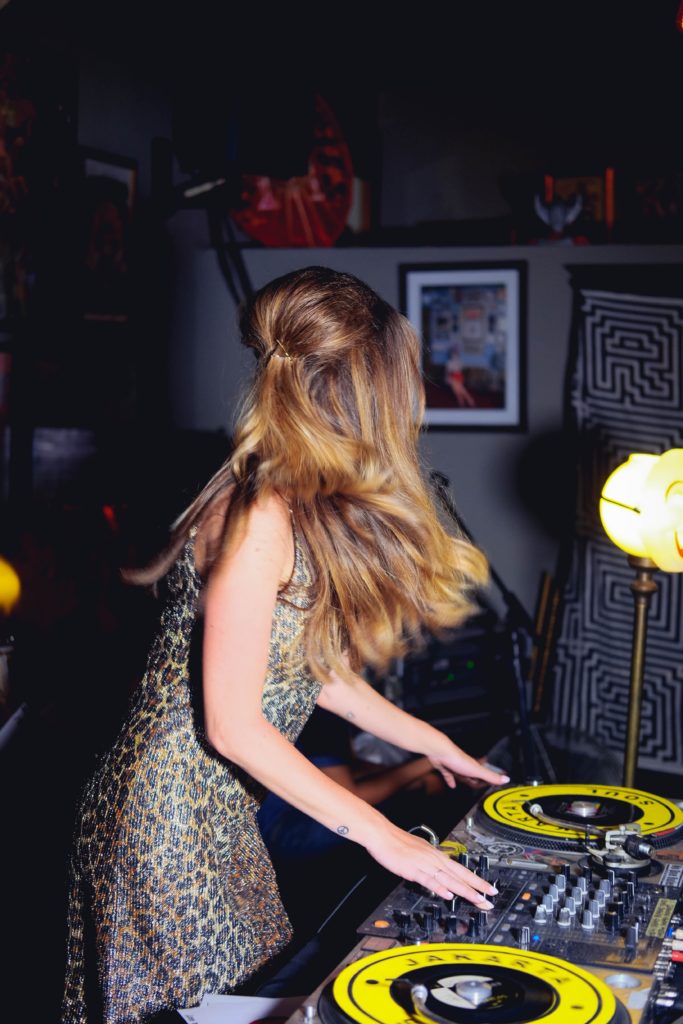Growing up, everyone told me to speak louder and to “be like the others” (others meaning my extroverted cousins or classmates). Adults badgered me with questions like, “Why can’t you speak louder?” “You’re so quiet!” “You look sad, why don’t you smile?” “Why can’t you stand out and show off your skills as your cousins?”
As an introverted child and teen, I enjoyed listening to conversations and observing people, rather than contributing to it. I processed the environment around me by taking in my surroundings. I came to learn that for me, the best way to communicate was through my writing. For so long, I felt like something was wrong with me, that I had to change, become louder, more talkative and more outgoing to fit in this world.
These two terms, introvert and extrovert, created by Carl Jung in 1921 became common descriptors for personality traits. Simply put, introverts recharge their “batteries” by spending time alone while extroverts recharge by being around others. The term ambivert is used to describe someone who does not fit easily into the category of introvert or extrovert. These labels can be helpful to self-reflect and know the best way to express yourself but they can also be harmful by putting people into stereotypical boxes.
Neither introversion nor extroversion is better or worse than the other. It shows how people process, recharge, and interact with their environment. In today’s egoistic world, it seems to be a heavy stigma against introversion. Introversion is seen as something to grow out of or overcome. “Get out of your shell” is something every introvert is sick of hearing. People never tell extroverts to “go back into their shells” and quietly observe the world as introverts do.
As an introvert, I always felt seen as weird or atypical. At school, we were not only graded on our verbal participation in class, but most of us achieved social status by how popular and outgoing we were—this made me feel insecure at times. When I became an adult, this mentality carried over to the workplace. Jobs and employers encourage workplace socialization, which is good, but normally quiet or shy people become bothered and isolated in these environments. Or in my case, I just got mentally drained and tired if I tried too hard to keep up with conversations and participate in games on team buildings. I tried really hard to keep up with a larger group of friends, but whenever I had plans to stay home instead of going out with them to drink and party I often got ridiculed and was called names like “grandma.” Others thought of me as an introvert as sad and lonely. Thought it’s true that mental health is a factor that can cause people to withdraw from society but is not necessarily connected with introversion. (Interestingly enough, no one seemed to care enough to help me or just to ask what’s wrong, though they thought there was something going on…) Sometimes a person just wants to sit at home and watch their favorite movie instead of dancing in a club, and there is nothing bad about that. People often think I dislike them, that I am rude or unfriendly because of my introverted nature (let’s mention it also coupled up with a resting bitch face which makes it even worse). Yet those who got to know me and had any of those negative first impressions usually became my dear friends. Despite being an introvert, I still like socializing with the right people in my own way.
As an adult introvert, I had to learn to camouflage my introversion and build an outgoing social persona, an alter ego I call Bonnie. People are often shocked when I say I am an introvert. I have to remind myself at times to “return to my shell” and recharge my batteries when I forget myself in the role of Bonnie. I learned to initiate conversations, I ask a lot of questions and carry conversations well. Though I still need a lot of practice in this, sometimes my boyfriend is the one who reminds me to talk to people next to me at the bar or make friends with other girls while traveling. Which is really good because often I completely forget that these things are essential, too. If I was on my own, I might just smile at you and enjoy the background music while people-watching and would think it’s totally okay for me, but the person next to me might find it rude that I didn’t start a conversation about the weather just for the sake of socializing.
All of these might sound funny and certainly do not sound like a textbook introvert, but I still consider my alter ego Bonnie to be extrovert because of what goes on inside my head when I get into her skin, not what I show on the outside. On the outside, I had to adapt a lot to get jobs, make connections, and do well in classes at uni. This is my survival mechanism in this loud world. I still need to recharge, I still need to spend time alone daily and love being in my own company. That is something that I will never change, it is my natural self, and I will no longer be ashamed of it. We do not need to grow out of who we are. There is nothing wrong with being your authentic self.
Get more like this—Sign up for our daily inspirational newsletter for exclusive content!
__
Photo: Hardini Lestari via Unsplash





